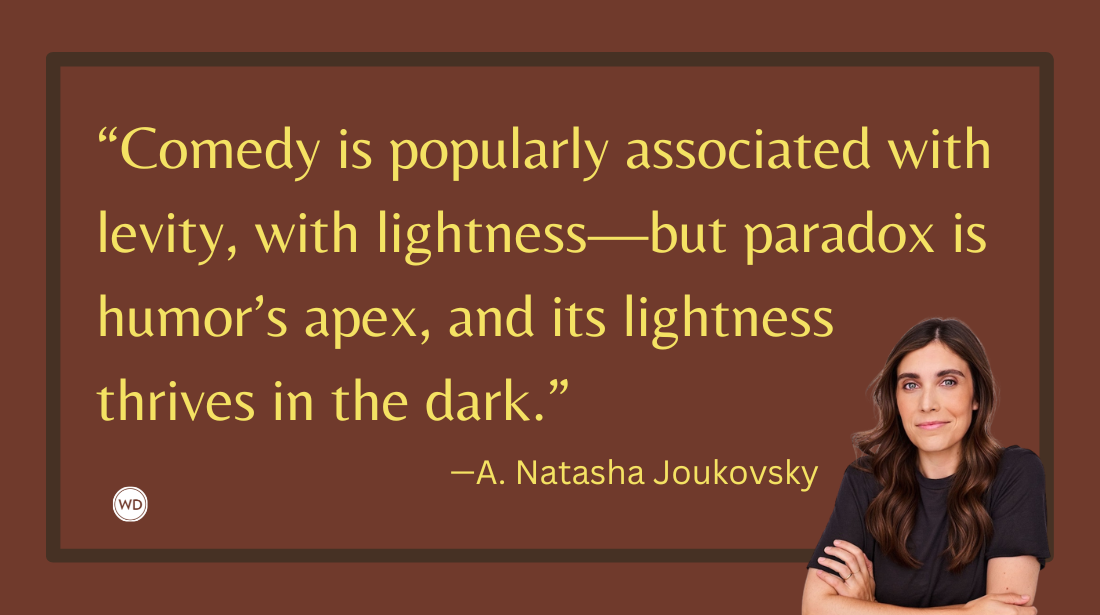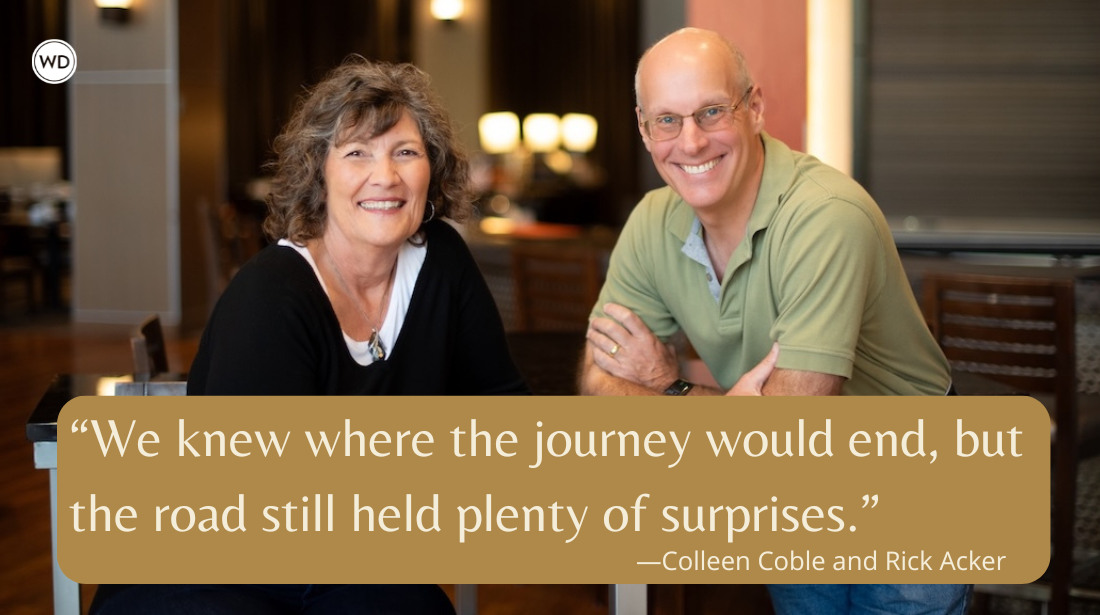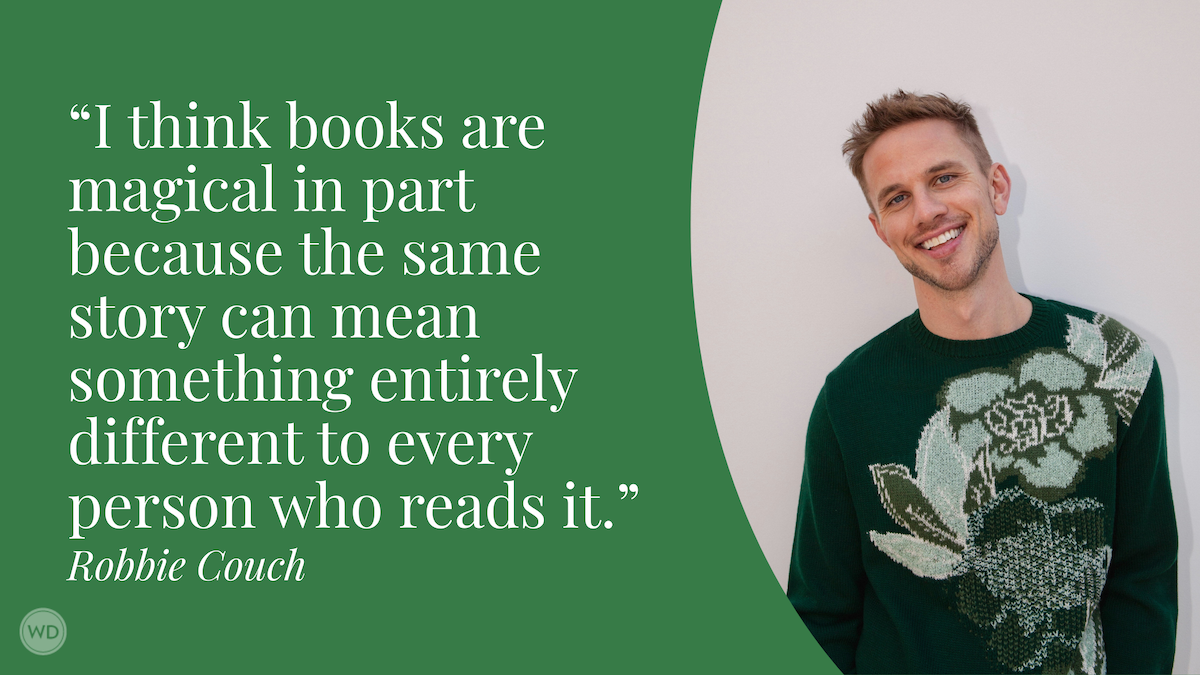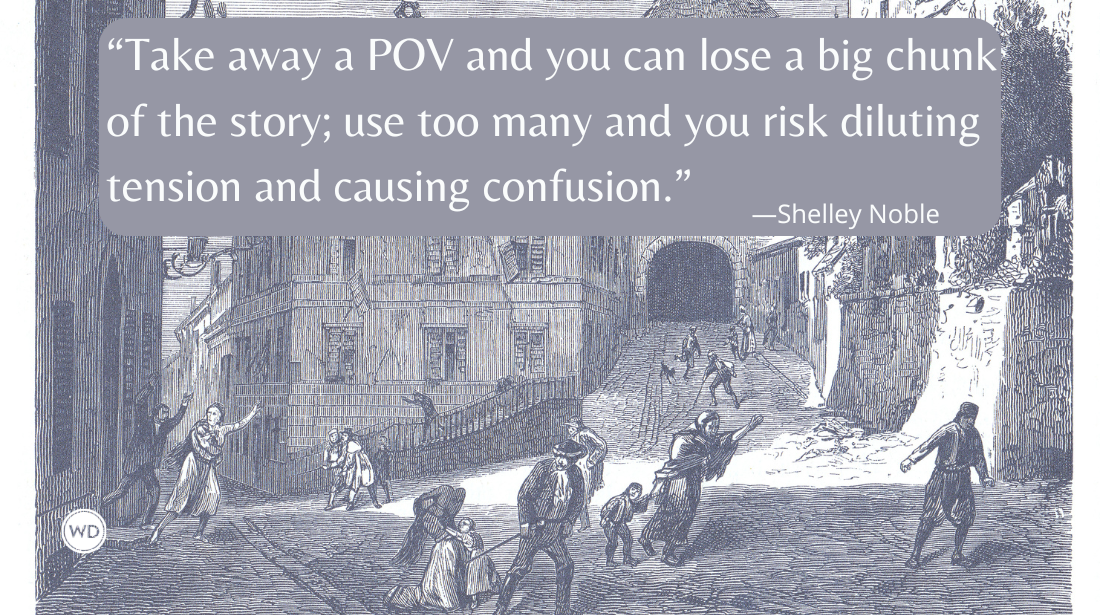Elaine Hsieh Chou: Writing Is a Private Relationship Between You and the Work
In this interview, author Elaine Hsieh Chou discusses having the space to experiment in her new short story collection, Where Are You Really From.
Elaine Hsieh Chou is a Taiwanese American author and screenwriter from California. Described as “the funniest, most poignant novel of the year” by Vogue, her debut novel Disorientation was a New York Times Editors’ Choice Book, New York Public Library Young Lions Fiction Award Finalist and Thurber Prize Finalist. A former Rona Jaffe Graduate Fellow at New York University, her Pushcart Award–winning short fiction appears in Guernica, Black Warrior Review, Tin House Online, Ploughshares and The Atlantic, while her essays appear in The Cut and Vanity Fair. She is a Fred R. Brown Literary Award recipient, a Sundance Episodic Lab Fellow and a Gotham Series Creator to Watch. Her work has been supported by the Harry Ransom Center, the New York Foundation for the Arts and Hedgebrook’s Writers-in-Residence Program. Follow her on Instagram and Bluesky.
In this interview, Elaine discusses having the space to experiment in her new short story collection, Where Are You Really From, her advice for other writers, and more.
Name: Elaine Hsieh Chou
Literary agent: Martha Wydysh & Ellen Levine, Trident Media Group
Book title: Where Are You Really From
Publisher: Penguin Press
Release date: August 19, 2025
Genre/category: Literary Fiction/Short Stories
Previous titles: Disorientation
Elevator pitch: These genre-defying and emotionally precise stories explore how the story of our lives is shaped, and misshaped, by the gap between who we think we are and how others see us. Blending surrealism, experimentation, and sly meta-fiction with intimate high stakes, Where Are You Really From plays with form, tone, and shifting perspective to interrogate authorship, the slipperiness of storytelling, and the strange theater of the self.
What prompted you to write this book?
When I was studying for my MFA at NYU, I tried workshopping the first chapter of my novel-in-progress, what would eventually become Disorientation. I found that workshopping something still in its nascent stages was not conducive to my creative process; I needed to be alone with the work until it was completed.
But in the meantime, I still had to be workshopped twice per semester, sometimes three times. So, while I continued to write Disorientation, I wrote short stories to submit to workshop. I gave myself permission to experiment as much as I wanted (and an MFA is precisely the place to experiment). I wrote in genres I had never written before, like a noir detective story featuring the TV character in yellowface, Charlie Chan. I played with form, like writing a story in the form of a Japanese sex doll manual. Before, I avoided writing what unsettled me—now I leaned into it.
By the start of my second year, it dawned on me: I think this is a story collection. I didn’t want to feel hemmed in by any particular theme or subject, so I continued writing what disturbed and obsessed me, but I did make a commitment to myself to write complex, flawed AAPI characters that I hadn’t yet encountered in fiction. My thesis, Where Are You Really From?, was the culmination of these stories, and is still housed in the NYU creative writing thesis archives.
How long did it take to go from idea to publication? And did the idea change during the process?
The oldest short story in the collection, “Carrot Legs,” was written in 2016; in fact, it was one of the stories I submitted in my MFA application! Since then, it’s expanded in scope—in many ways, it’s become a love letter to my memories of Taipei. As for the other stories and the novella in the collection, I would say all of them underwent degrees of change, though some had more extensive “open-heart surgery” than others.
Were there any surprises or learning moments in the publishing process for this title?
The main surprise was that I kept on writing new stories. Since the story collection was complete when it was sold in 2020 along with my debut novel, the original plan was for it to be published only a year or so after Disorientation. But within that time frame, I was changing and so the collection was changing. The stories, most of them already on the long side, grew even longer during revision. I wrote two new stories and a novella. I cut five stories and all the flash fiction pieces. By the end of the revision process, the collection as a whole had become darker, more interior, more psychological.
Were there any surprises in the writing process for this book?
Because I spent such a long time with these stories, written across a span of eight years, I think I was surprised by how much each of these stories and all of these characters expanded into fully fledged worlds and people. I do think, after a certain amount of time, a story takes on a life of its own and characters begin to show you who they are. Even though I am technically pulling the puppet strings so to speak (a creepy metaphor, I know), I always try to leave room for my characters to surprise me. If a writer doesn’t give their characters the grace to surprise them, they will risk imposing on the characters, which results in the artifice of fiction piercing through the very thing we want fiction to achieve: to make us fully believe in a lie.
What do you hope readers will get out of your book?
I hope they feel everything these imperfect characters feel, even when it’s uncomfortable.
If you could share one piece of advice with other writers, what would it be?
At the end of the day, disregarding everything that is involved in the act of publishing, of being seen and read and interpreted, remember that writing is a private relationship between you and the work. That must come first. And like any relationship, it must be sustained and protected. It’s easy to get caught up in the noise (and is it a loud and incessant noise!), but know that you can always return to that intimate space where it’s just you and the blank page—no one has to know what goes on between the two of you.









